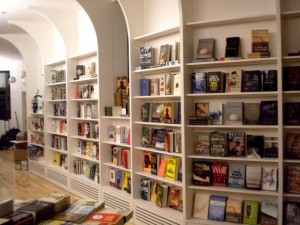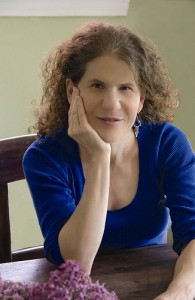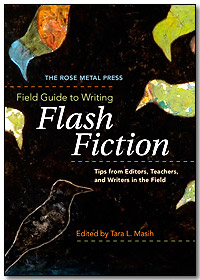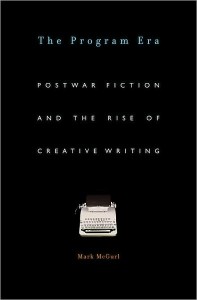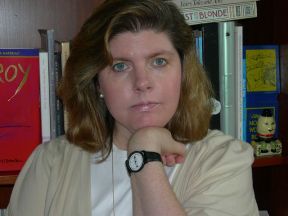Mentors, Muses, and Monsters event at Greenlight Books
by Anne Stameshkin
NYC-based writers, head to Brooklyn’s newest bookstore, Fort Greene’s Greenlight Books (686 Fulton St., at S. Portland), tonight (Monday, November 23) at 7:30 PM for a special event featuring local authors and the editor of Mentors, Muses, and Monsters, a book that we at FWR are excited to read. This is also the bookstore’s first installment of what promises to be an exciting series of events featuring both authors and lit bloggers. On a personal note, I’m thrilled at Greenlight’s birth, if a bit heartsick that I had to leave Fort Greene about a month before it opened; when I […]

